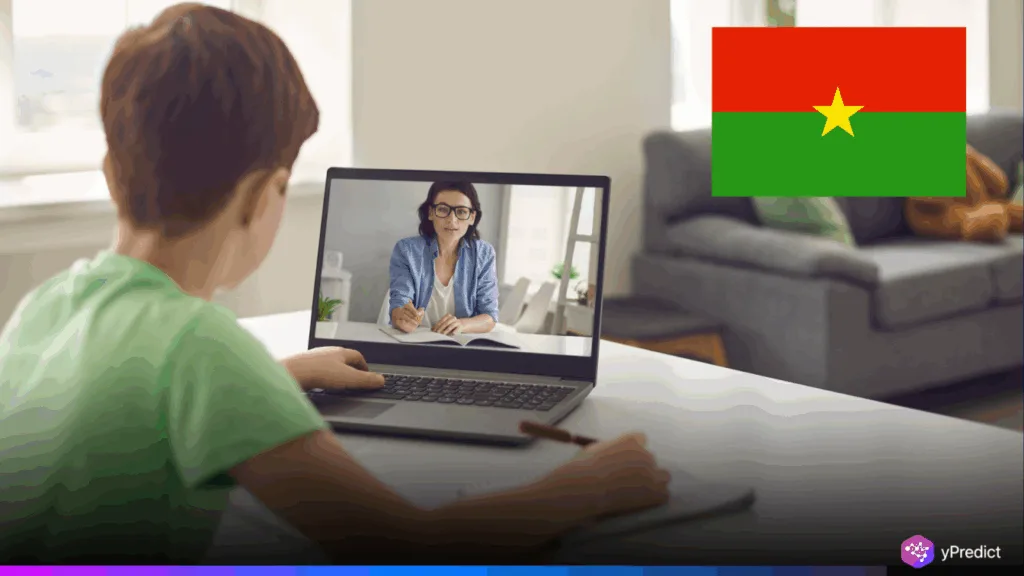
Recently, Burkina Faso has been in the news for technologically progressive efforts in education through the efforts of President Ibrahim Traoré. This growth represents the aspiration of Traoré to have Burkina Faso as a hub of innovation to become a key economic powerhouse shortly with less reliance on foreign powers. Ever since he took office in 2022, the young president has stressed self-sufficiency, allying with other non-Western countries. Burkina Faso now seems ready to transform the African technology trend as the centerpiece of the national development, the core of technology education.
Tech Education as a National Strategy
Burkina Faso is strategically inculcating technology-centered learning to shape the new generation of innovators. Educators are already introducing children to code and robotics at the point in their lives where they previously learned basic reading and writing skills. Schools such as PSCHOOL adopt a programmatic approach, where they split laptops, robotic kits, and interactive platforms into programming languages, encouraging students to become familiar with the rationale behind problem-solving and innovation. This has led President Ibrahim Traoré and his government to contextualize this education policy within larger changes on the forthcoming sovereignty.
In his new role as leader, Traoré has pulled Burkina Faso closer to France and developed ties with Russia, China, and regional partners. The administration applies the identification of new targets to advance science and technology education with the view to minimizing its overdependence on foreign expertise and promoting domestic solutions. Coding classrooms, in that regard, are symbolic as much as they are practical since they represent the ideals of self-sufficiency and creativity. In the case of Burkina Faso, a country that has been facing security problems and economic challenges, the concept of tech literacy concerns investments in the long term and both social and geopolitical values in children.
Regional Influence and Global Relevance
Burkina Faso is not alone in its drive to embrace technology in the education sector, with the rest of Africa also waking up in terms of innovation in STEM. At the continent-wide level, we see the emergence of initiatives such as Botsalot in South Africa and grassroots coding movements in Nigeria that show that access to early digital skills is gaining more value across the continent. The difference in Burkina Faso is that such programs become a part of national policy, and that technology is not an additional course, but the basis of the learning process among the youngest students. This can be a long-term benefit to Burkina Faso regarding developing talent pipelines to pursue future industries.
The critics claim that the political security environment and economic aspect are unstable, and this may impede progress. Backers, however, view this as an initiative that exactly fits the bill of the kind of investment that may end cycles of dependency and poverty. Burkina Faso is sending other messages outside of Africa by prioritizing technology and policies focused on sovereignty. African technological autonomy has always been suspected by global powers, especially Western powers. In this regard, the program strategically places Burkina Faso as a disruptor to the traditional rhetoric, as it learns to work with new partners and develop in-country capacities.
Conclusion
This is an ambitious national approach beyond the classroom because Burkina Faso has already embraced early tech education. With the vision, although challenges like insecurity and economic strain still exist, an unprecedented change in the definition of progress in the country has been observed. As it continues to invest in its young generation and technology, Burkina Faso forges a strategy that carries the possibility of defining the role of Africa in international innovation. Through it, it presents the transformational aspect of leadership spurred by education.






